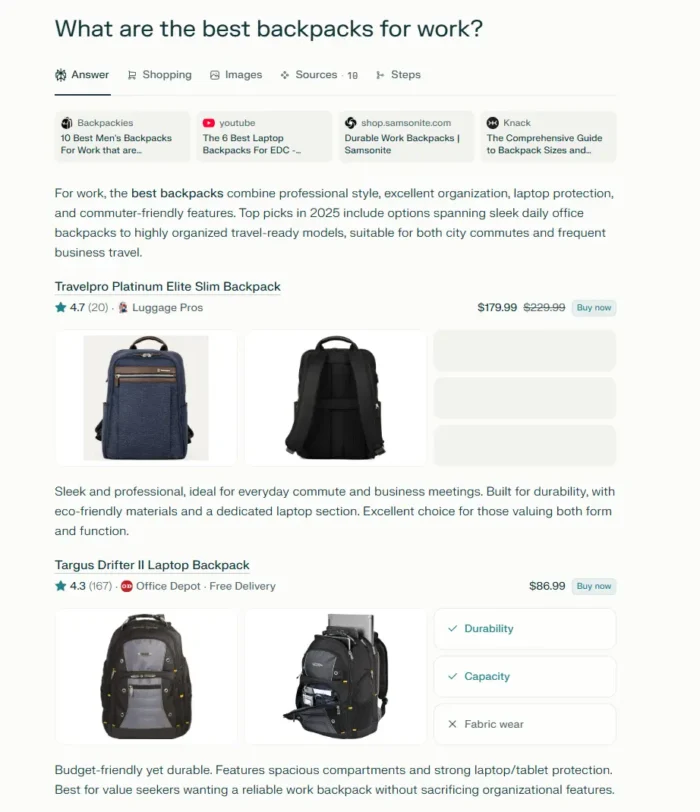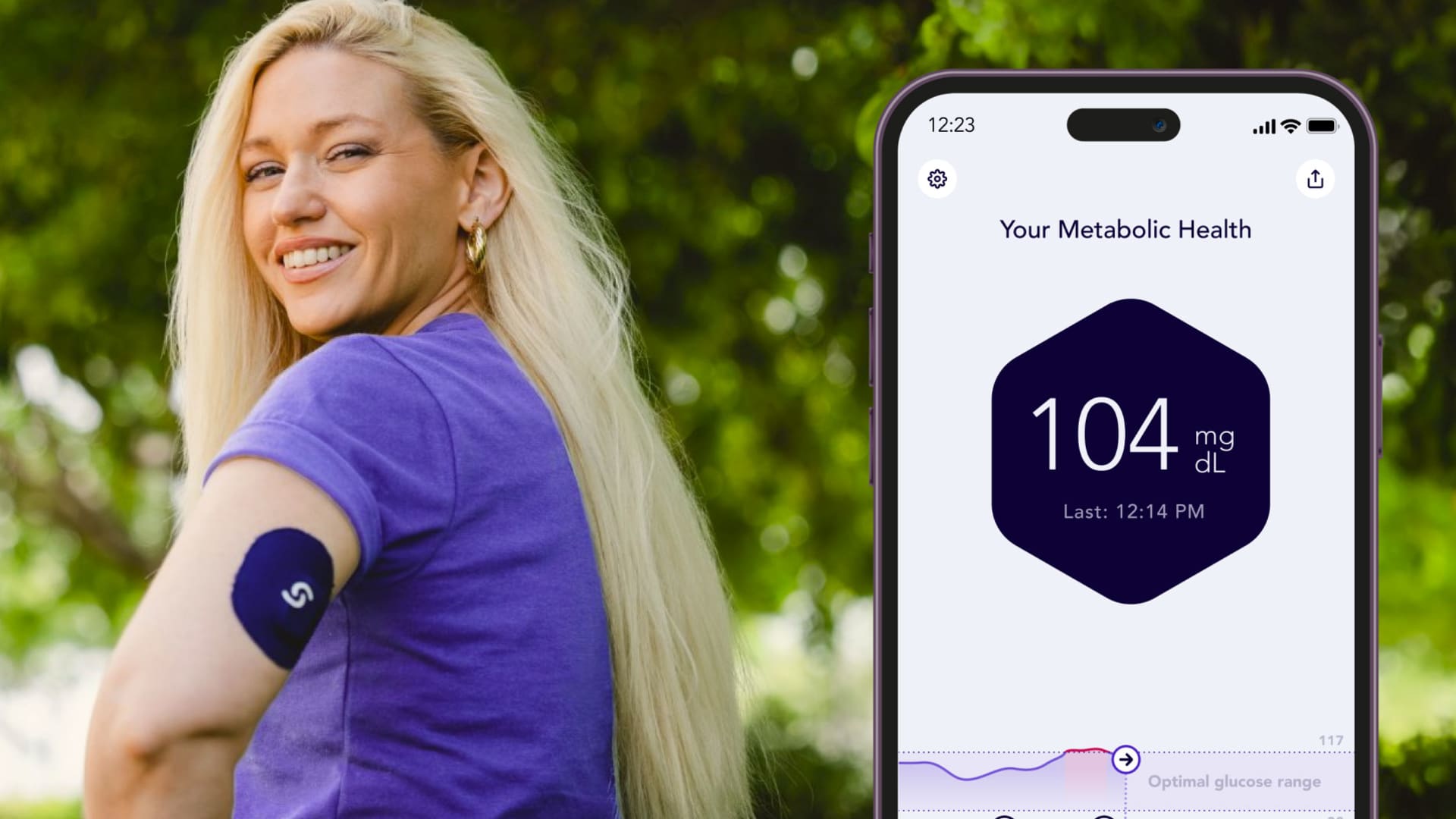A Daily Habit To Become More Emotionally Intelligent, From A Psychologist
Do these 3 steps any time you're frustrated.


Our editors have independently chosen the products listed on this page. If you purchase something mentioned in this article, we may earn a small commission.
April 23, 2022 — 12:03 PM
Healthy emotional intelligence can bring you greater joy and fulfillment in your own life, and it surely has the power to increase the quality of your relationships. There’s a reason why my recent book Date Smart, which sets out to help people find and build healthy relationships, focuses so heavily on EQ skills: Solid emotional intelligence is critical for all healthy intrapersonal and interpersonal relationships. In truth, with so much change and chaos in the world, emotional intelligence is the go-to quality we all need.
But emotional intelligence is not a given. We have to work to gain and maintain our EQ throughout life.
There are five core aspects of EQ:
The depth and breadth of these key components might seem intimidating, but increasing your EQ doesn’t need to be complicated. Over the years working with clients as a clinical psychologist, I’ve developed a simple, actionable strategy that reliably helps people grow in each of these areas simultaneously.
The method is a simple “1-2-3” process. As situations come up in life that bring up uncomfortable thoughts and feelings such as anger, irritation, or confusion, mentally run through these three steps. Although the process may feel unfamiliar at first, it will become second nature with patience, practice, and perseverance. Each step naturally increases all five of the core EQ aspects, though some steps will hone certain EQ elements more than others.
With this little “1-2-3” mindset shift—and a lot of ongoing practice—you’ll feel your level of EQ growing stronger by the day.
Step 1: Look within to understand what you want and deserve.
This first step, which tends to improve the EQ components of self-knowledge, self-control, and self-growth motivation, focuses on self-reflection.
For example, if you’re feeling deeply stuck in your romantic relationship, you may be so confused that you don’t know what you really want or truly deserve. To unravel the situation and make an emotionally intelligent decision on what to do next, you must first make space to self-reflect. That might look like journaling, meditating, or sitting in quiet to nonjudgmentally reflect on what’s taking place.
The more space you make for your own experiences, the more self-knowledge you will accrue. So, when you pause to self-reflect, allow your thoughts and feelings to flow. You may need to repeat this process several times before gaining the clarity you want and need.
As you make time to be with yourself in quiet, objective self-reflection, you’ll also find that you become less reactive and more self-controlled; this will lead to a greater sense of personal empowerment. As well, the fruits of your self-reflection will naturally foster greater self-growth; you will feel yourself developing more fully over time.
Step 2: Look outside yourself to evaluate the pros and cons.
This second step fosters the important EQ areas of social skills, empathy, self-control, and overall self-growth.
Evaluate the pros and cons of your decision while considering those around you, in addition to yourself. When you slow down to assess how your thoughts and actions might affect your own life and the lives of others, you increase your ability to make healthy decisions. As well, for those who tend to be either people-pleasers or more on the self-oriented side, this step promotes balance and general awareness.
For example, if you desperately want to leave an unfulfilling job but fear disappointing or upsetting others, this step helps you factor in the overall pros and cons of the situation. Difficulties tend to arise if you focus just on people-pleasing or if follow your own agenda with no empathy for others. When you pause to mindfully evaluate the overall picture from a neutral stance, you benefit from a perspective that tends to be more balanced and objective. Your EQ will naturally improve when you use a mindful, evaluative process to non-reactively consider the “big picture.”
Step 3: Make a healthy, deeply aware decision.
Learning how to make the ideal decision can be challenging. This final step harnesses and hones all five of the EQ components to help you make choices that are truly right for you and those in your world, which is what emotional intelligence is all about. Your self-knowledge, self-control, social skills, empathy, and motivation for self-growth will benefit as you work through this step.
After moving through the first two steps that help you understand and balance your desires with the larger picture, you’ll feel better knowing that your ultimate decision is based on healthy self-reflection and overall awareness. For example, if you’ve been dealing with a difficult family member, your self-reflection on what you need (completed in step one) combined with your evaluative process of how all parties will be affected (completed in step two) might bring you to the decision that you need to set healthy boundaries that serve both you and your relationships in the long run.
This is an emotionally intelligent decision, because it considers your true needs and the context of the people and relationships being impacted.
When you embrace this 1-2-3 method for increasing EQ, you’ll notice that you feel more grounded and less reactive over time. And, of course, all those big and little decisions that affect the very quality of your life will feel less like challenging hurdles and more like kernels of self-growth. You may even be surprised to notice that your self-esteem improves; this is a wonderful side benefit to increased emotional intelligence. The more balanced and powerful you feel within yourself, the more you’ll radiate with strong authenticity.
As with every intentional step we take in our self-growth journey, it’s important to be kind and patient with yourself as your skills evolve. As I often say, all things change for the better when we change with love.
Reset Your Gut
Sign up for our FREE doctor-approved gut health guide featuring shopping lists, recipes, and tips
You are now subscribed
Be on the lookout for a welcome email in your inbox!
https://www.mindbodygreen.com/articles/3-steps-to-improve-your-eq-daily-from-psychologist

 Aliver
Aliver 
































